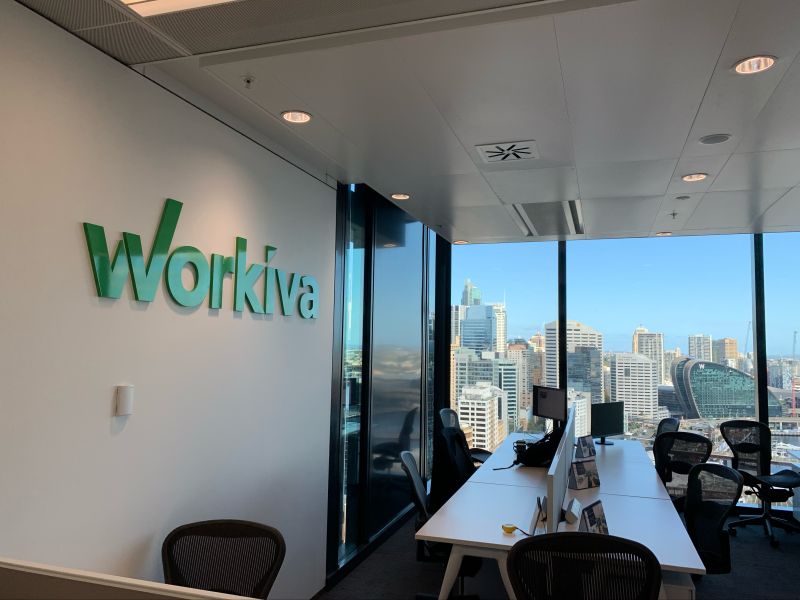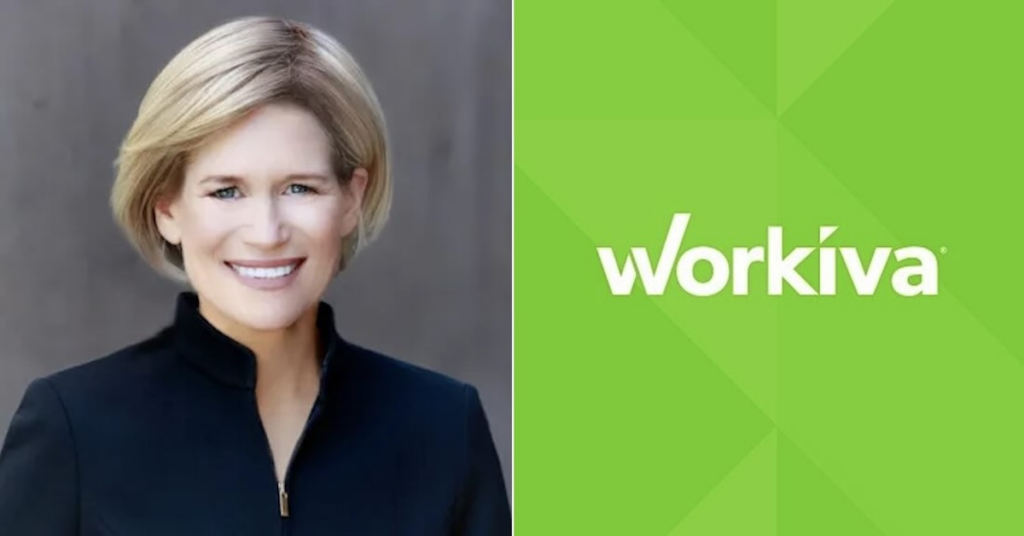85% of Companies to Continue Climate Disclosures Despite Political Shifts, Workiva Study Finds

- 97% of executives believe sustainability reporting will provide a business advantage within two years.
- 85% of companies plan to proceed with climate disclosures, regardless of policy shifts.
- 93% of institutional investors are more likely to invest in companies with integrated financial and non-financial reporting.
A new study by Workiva Inc. finds that despite policy uncertainty, corporate leaders are doubling down on sustainability integration, recognizing its financial and strategic value.
Leaders remain committed to sustainability goals. Over 10,000 companies and institutions—a 29% year-over-year increase—have set science-based decarbonization targets or committed to doing so. Additionally, 24 U.S. states and over 190 countries remain aligned with the Paris Climate Agreement.
“CEOs are making choices today that will shape their business for years to come,” said Julie Iskow, CEO of Workiva. “Assured financial and sustainability reporting is not simply a compliance play, it’s a strategic approach to mitigate risk, fuel performance, and strengthen investor confidence.”

Investors demand transparency. Data accuracy is a top priority for 92% of investors evaluating organizations, yet nearly a quarter of executives admit they do not fully trust their financial data. The demand for reliable, integrated reporting is driving a shift in corporate strategy.
“The market has spoken and forward-thinking companies aren’t waiting – they’re taking action and committing to science-based targets and stronger disclosures,” said Tensie Whelan, Distinguished Professor of Practice for Business and Society and Founding Director of the NYU Stern Center for Sustainable Business.

The business case for integrated reporting is clear.
- 97% of executives say combining financial and sustainability data helps identify performance gaps and unlocks financial growth opportunities.
- European regulations, such as the CSRD, are accelerating adoption.
“The CSRD is a game changer that empowers us to manage and report on our sustainability ambitions at a new level,” said Ida Bohman Steenberg, Chief Sustainability Officer of Tietoevry. “The alignment between CFO and CSO teams strengthens decision-making and long-term value creation.”

“Sustainability is incredibly important because it contributes to the profitability of the business,” said Maher Al-Haffar, CFO of CEMEX. “As a CFO, I’m focused on providing investors with data they can quantify and model.”

Bottom line:
Executives are maintaining their commitment to integrated financial and sustainability reporting as a strategic advantage, with clear benefits for risk management, investor confidence, and long-term profitability.
Read the full report here.
Follow ESG News on LinkedIn












